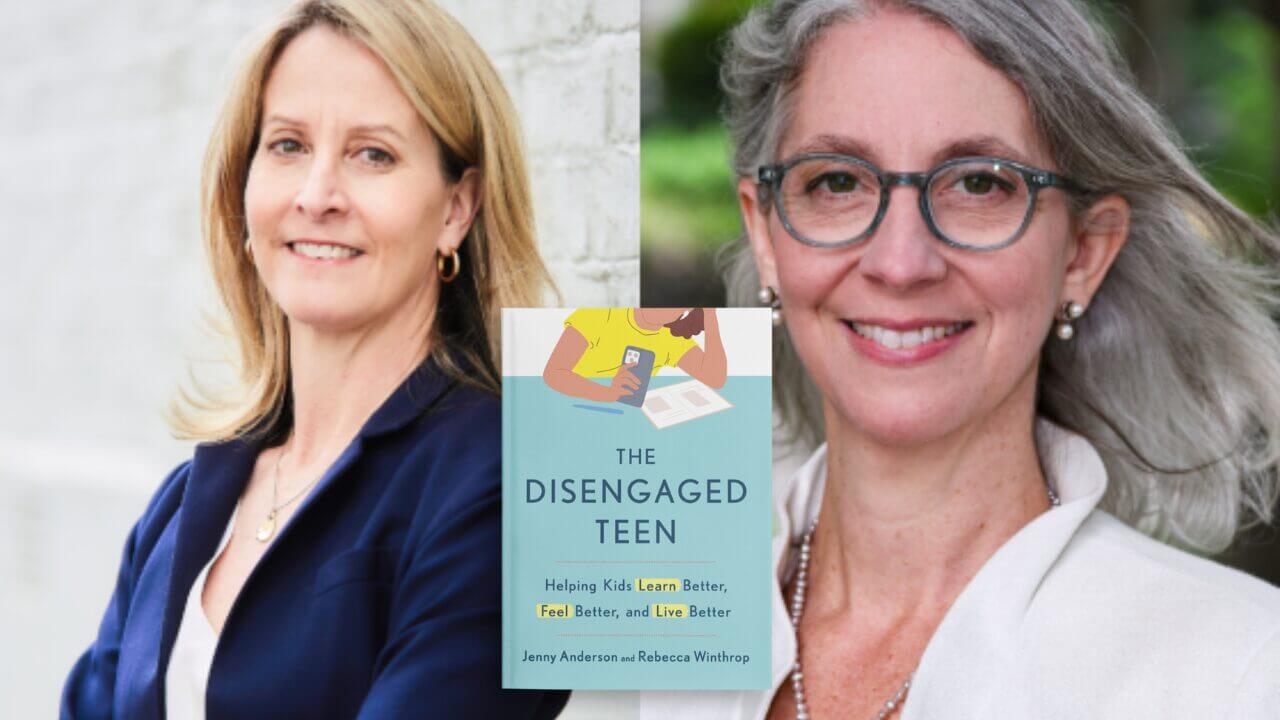Carnegie Brings Community Together to Examine Successful Math Pathways
July 9, 2014
The Carnegie Pathways National Forum will be held in San Francisco on July 17-20. During this gathering of the Pathways Networked Improvement Community (NIC), nearly 200 faculty, administrators, student advisors, institutional researchers, and academic researchers will come together to connect with colleagues, to critically examine the results of the implementation of Carnegie’s two mathematical Pathways, and to set priorities for the work ahead. In addition to those already involved in the work and those who will begin this fall, others in attendance will explore bringing the Pathways to their institutions.
Starting in July 2010, the Carnegie Foundation for the Advancement of Teaching initiated the Community College Pathways, forming a NIC of 27 community colleges and three major universities, to tackle the problem of low student success in developmental mathematics in higher education. Since then, the initiative has expanded to include 51 institutions across 15 states, and has served nearly 9,000 students who placed into developmental mathematics. With Carnegie’s support, network members have developed new curricula to support ambitious learning goals around mathematics that matters, taught students using new research-based pedagogy, and tested and implemented strategies to help students persist in college. To promote consistently high performance as the initiative scales and to ensure effective implementation across contexts, Carnegie NICs use continuous improvement strategies.
The results have been overwhelmingly positive. As the network continues to grow, Pathways students have continued to triple the success rate for students in developmental mathematics in half the time.
The National Forum will include presentations by keynote speakers prominent in the field of understanding student learning:
Claude M. Steele, executive vice chancellor and provost at UC Berkeley
Steele will be speaking about the psychological experience of the individual and, particularly, on the experience of threats to the self and the consequences of those threats. He has developed the theory of stereotype threat, designating a common process through which people from different groups, being threatened by different stereotypes, can have quite different experiences in the same situation. The theory has also been used to understand group differences in performance ranging from the intellectual to the athletic.
Jim Stigler, Carnegie Senior Fellow, professor of psychology at UCLA, director of the TIMSS video studies, and founder of LessonLab Inc.
Quality teaching is not about what you do in the classroom but about the kinds of learning opportunities you are able to create for students — opportunities to struggle productively with core concepts and ideas. Stigler will draw on his research about learning opportunities and how faculty can create them in their classrooms.
David Yeager, Carnegie Fellow, assistant professor of developmental psychology at the University of Texas at Austin
When students encounter more rigorous curricula, they are apt to experience even greater difficulty and perhaps wonder “maybe I’m not smart enough to do this” or “maybe I don’t belong here.” Yeager will share the latest research on productive persistence, examining how faculty and administrators can make changes in their classrooms or colleges to unlock students’ latent ability.
There is still time to register for this event and it is open to the general public. At the Forum participants will learn about new insights and research findings to advance teaching and student learning, hear from leading education experts and veteran Pathways faculty, collaborate around changes to the Pathways instructional system, and connect with faculty and administrators across the Network.
For more information: http://carnegiepathwaysforum.org/.
This program of work is supported by Carnegie Corporation of New York, The Bill & Melinda Gates Foundation, The William and Flora Hewlett Foundation, The Kresge Foundation, Lumina Foundation, and National Science Foundation, in cooperation with the Carnegie Foundation for the Advancement of Teaching.
Carnegie Foundation for the Advancement of Teaching is committed to developing networks of ideas, individuals, and institutions to advance teaching and learning. We join together scholars, practitioners, and designers in new ways to solve problems of educational practice. Toward this end, we work to integrate the discipline of improvement science into education with the goal of building the field’s capacity to improve.





